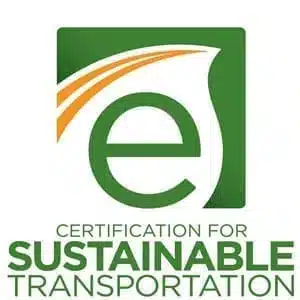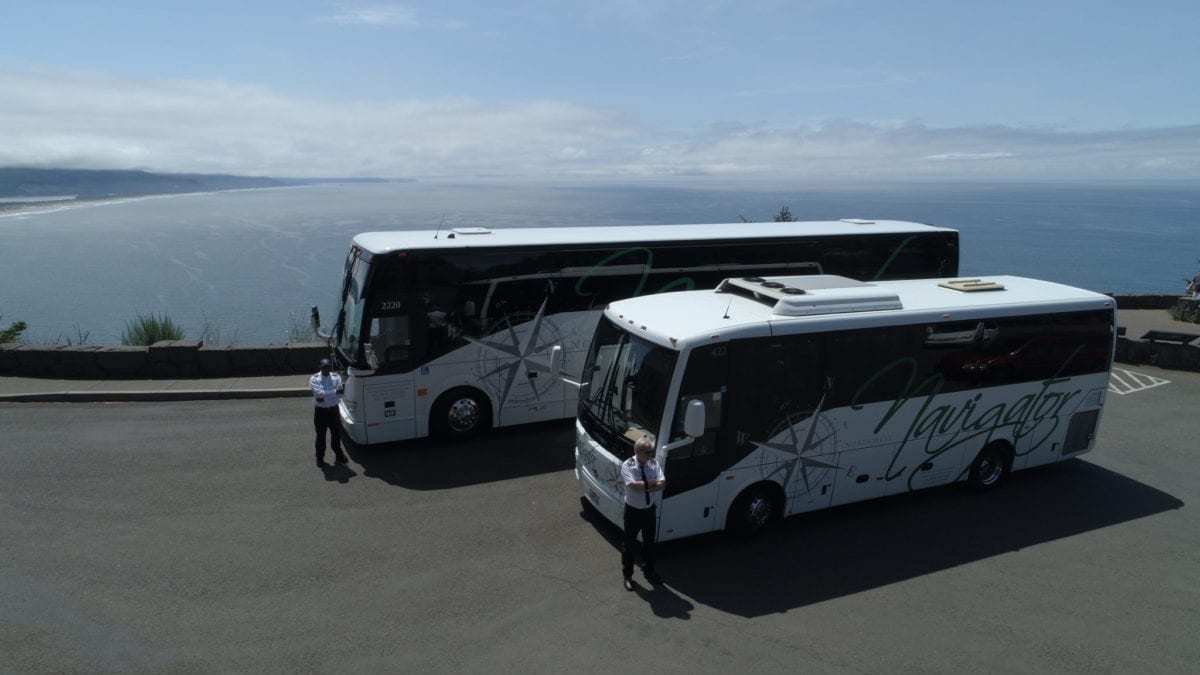What is e Certification for Sustainable Transportation?
The Certification for Sustainable Transportation’s (CST) eRating certification program is an independent, third party certification, education and labeling initiative for operators and passengers of transportation vehicles. The program uses research-based criteria to evaluate and certify vehicles.
Who benefits?
The program benefits operators of certified vehicles by helping them save energy and reduce operating costs. The program also benefits customers by helping them identify and choose the highest performing, lowest impact forms of transportation; an eRating certification label signifies that CST has thoroughly evaluated and certified the vehicle.
What does it mean?
The Green Coach Certification Research initiative (GCC) is part of a multi-year project developed at the University of Vermont, in close collaboration with the American Bus Association (ABA) and the United Motorcoach Association (UMA). This research focuses on a) the interplay of business and environmental concerns among motorcoach operators, tour operators, and riders and b) the development, testing, and evaluation of a “Green Coach Certification” program for the motorcoach industry. The GCC is based on principles of transparency and voluntary participation, and provides operators with the opportunity to be recognized for existing and emerging efforts to increase their already high level of environmental stewardship.
This pilot/field test will help to answer a number of important research questions and provide the foundation for a long-term permanent environmental certification program for the motorcoach industry. During the 18-month pilot program, participating operators are eligible for a pilot GCC label/recognition for any motorcoach complying with at least one of the following:
- Meeting or exceeding the industry average of 148 passenger miles per gallon.
- Running an EPA 2007 compliant engine.
- Running an EPA 2010 compliant engine.
- Offsetting carbon emissions by 80 percent through an endorsed carbon-trading program.
- Running on an alternative fuel such as a blend of Biodiesel.
- Having a strict, documented, and verifiable energy conservation and recycling program.
- Incorporating other emerging environmental technologies as prescribed by the GCC.
- We love the NW, and are doing our part to keep it Green!


